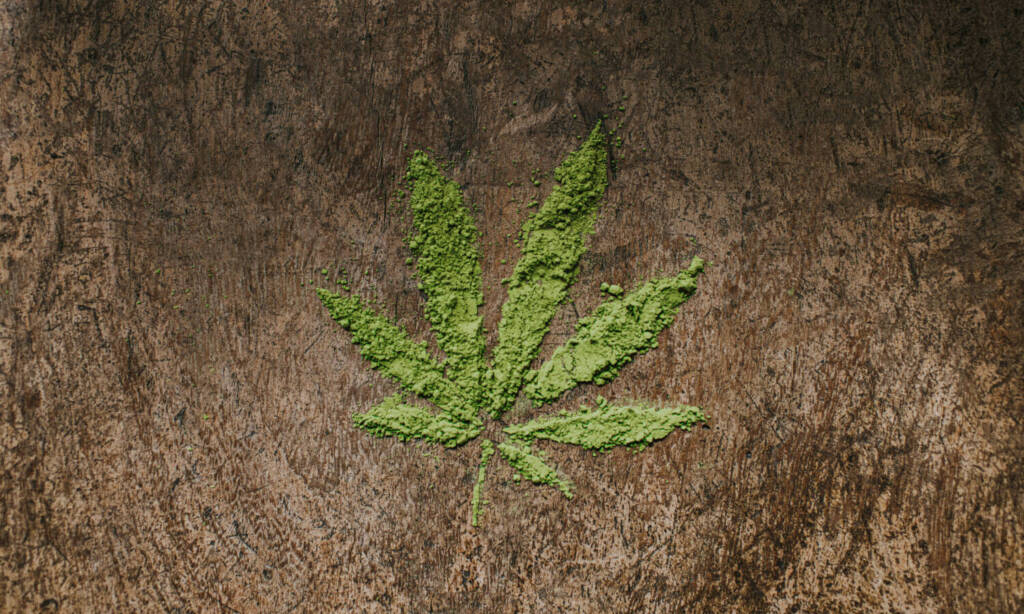Per Marijuana Moment, “cannabis users scored higher than non-users on both the overall sexual functioning scale and the subscales of arousal and orgasm.” There was also the matter of the difference between heavy and moderate weed use.
“Those who used cannabis the most were found to report higher sexual functioning and arousal scores than the moderate users,” it notes.
With regard to the study’s sexual function and arousal subscales, these “were higher among severe cannabis consumers compared to non-consumers,” the authors write in the study. But “no significant differences were found in the desire and orgasm subscales based on the amount of cannabis consumed by the participants.”
With regard to alcohol, “participants who reported heavy drinking scored higher on the total sexual function questionnaire and the arousal subscale than those who did not drink. Moreover, high-consumption participants had significantly higher total questionnaire and orgasm subscale scores than moderate-consumption participants,” the study shows. Researchers conducted the observational study of 274 participants — two-thirds female; one-third male — who were between the ages of 18 and 30, were from Almeria, Spain and who provided input from January to June of 2020.
In terms of sexual function, the study reports only four per cent of participants indicated sexual dysfunction, while 96 per cent reported none.
“Sexual function is improved in young people who are high-risk cannabis consumers with a moderate risk of alcohol use, resulting in increased desire, arousal and orgasm,” study authors explain.
“This improvement is usually associated with a reduction in anxiety and shame, which facilitates sexual relationships,” they add.
While those findings are surely nothing to complain about for study participants, investigators suggest they would feel more comfortable if young people received additional information on the possible implications of high weed use.
The results highlight “the need for more information aimed at the young population,” they write.
“The use of addictive substances, primarily for recreational purposes, such as alcohol, tobacco and cannabis, remains a major health issue among young people, with significant short- and long-term health implications,” the authors emphasize. These implications include dependence, cardiovascular disease, respiratory changes, emphysema and cancer.
Looking at weed specifically, the authors point out that cannabis consumption before sexual interaction has been found to enhance desire, improve orgasm and reduce discomfort in women, while frequent use in men renders it difficult to reach orgasm.
Despite booze and bud being the top two drugs used when it comes to bolstering bedroom activity, findings to date have been inconsistent.
Researchers further point out “it is important to keep in mind that drug use is associated with risky sexual behaviours such as unprotected sex and the appearance of sexually transmitted infections, leading to careless and unsafe sexual encounters.”
Given that, “further information and training on the sexual risks involved with the use of substances such as cannabis and alcohol is required, particularly for young people, who are the population most vulnerable to sexual risk behaviours and health-related problems associated with drug use.”
A study published in 2019 found that having a puff before sex seemed to help the approximately 80 to 90 per cent of women reporting difficulty achieving orgasm via vaginal intercourse alone. Indeed, two-thirds of respondents reported that sex post-cannabis was “more pleasurable” and 52 per cent said they experienced an “increase in satisfying orgasms” after a toke.
Another 2019 study looking at how cannabis alters sexual experience showed that many participants reported the plant helped them relax, heightened their sensitivity to touch and increased intensity of feelings. Still, others noted that “cannabis interfered by making them sleepy and less focused or had no effect on their sexual experience.”


